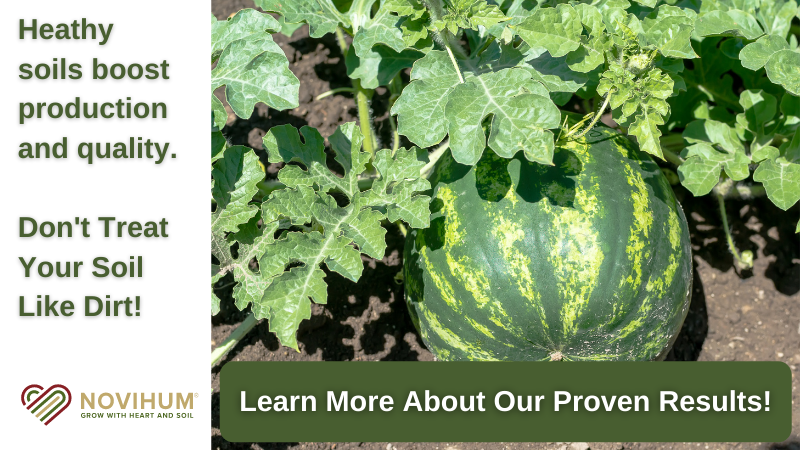Adam Putnam’s 5 Ways Forward

Establishing himself in his first elected term with wins already under his belt, Florida Commissioner of Agriculture and Consumer Services Adam Putnam seems a natural fit as the state’s leading ag advocate.
Putnam comes from five generations of citrus growers and cattle ranchers in Polk County, and for ag interests, he was an easy choice in last November’s election. He speaks the language and says the priorities of his Administration will be to focus on the key elemental areas that impact farming. These critical areas bring a set of challenges and opportunities that Putnam says demand leadership from the Department of Agriculture. “Our mission at the Department of Agriculture is to help growers be more than just viable, but profitable for the foreseeable future,” he says.
Water Challenge
“In addition to protecting the quality of our water, I’m also dedicated to finding ways to ‘grow’ our water supply,” says Putnam. “Sustainable use practices, such as alternative water sources and water reuse, can help the state preserve the water we have available.”
Some of these practices include collection and storage of stormwater, which are effective ways to grow supply and reduce our dependence on fresh groundwater. Stormwater can be used for landscape and golf course irrigation, agriculture irrigation, fire protection, and groundwater recharge.
Reusing water also is an effective and innovative method. St. Petersburg has led the way with the first Water Reclamation System, which provides more than 37 million gallons per day to 10,000 customers.
Feeding Children And Minds
Next Generation Power
“In South Florida, you have a year-round growing season with literally hundreds of farmers planting thousands of acres with dozens of commodities they believe have the potential to be viable energy crops,” says Putnam. “Some of these folks are going to be right and some of them are going to be wrong. “I think that type of broad based innovation and risk taking by these farmers and land owners is wonderful and represents a positive for our state. It will lessen our dependence on countries that don’t like us for energy and represents new revenue options for landowners.”
Laboring Over Labor










